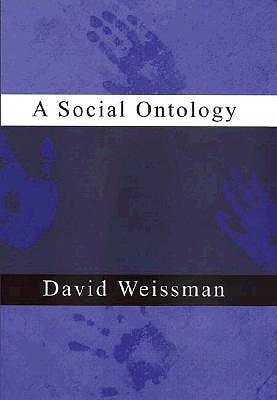
The Social Animal: The Hidden Sources of Love, Character, and Achievement
Book Description
What if the secret to a fulfilling life lies not in the pursuit of success, but in the connections we forge along the way? In "The Social Animal," David Brooks delves into the intricate dance of love, character, and achievement through captivating narratives and profound insights. He unveils how our relationships shape our destinies, guiding us toward deeper understanding and meaningful living. Through compelling characters and vivid examples, this exploration reveals the hidden forces that drive us. Are we merely products of our own ambitions, or is there a greater power at play in the tapestry of human experience?
Quick Book Summary
In "The Social Animal," David Brooks examines the underlying psychological and social currents that shape human experience, achievement, and happiness. Blending scientific research with novelistic storytelling, Brooks follows the lives of fictional characters Harold and Erica as they navigate childhood, education, relationships, professional success, and family life. Interwoven throughout their story are discoveries from neuroscience, psychology, and sociology that explain how human beings are profoundly social: our unconscious minds, emotions, and connections dictate far more than logic or conscious decisions. Brooks argues that meaning and accomplishment arise not from isolated striving, but from the webs of love, influence, and community we create. Through this lens, he explores how character is formed, how social environments shape destiny, and why cultivating emotional intelligence is essential for a fulfilling life.
Summary of Key Ideas
Table of Contents
The Primacy of the Unconscious Mind
David Brooks opens with the assertion that much of human behavior is driven by the unconscious mind. Scientific research demonstrates that instincts, intuitions, and emotional cues often guide decisions before conscious thought enters the process. The fictional lives of Harold and Erica are used as vehicles to illustrate how subconscious drives and early experiences mold dreams, values, and actions. This idea challenges the traditional focus on rationality, suggesting that understanding the role of emotion and intuition is key to grasping human behavior.
How Relationships Shape Character and Destiny
Relationships, Brooks contends, are the crucibles where character and destiny are forged. From family bonds to friendships and romantic partnerships, our interactions with others shape our values, ambitions, and self-concept. As Harold and Erica encounter mentors and lovers, their paths reveal how social environments and attachments influence not only personal happiness but also professional and moral development. These stories underscore the idea that the fabric of our lives is constructed through ongoing social dialogue and mutual influence.
The Role of Social Networks in Achievement
Achievement, Brooks argues, is not solely the result of individual effort or intelligence. Instead, it is deeply embedded in social networks. The book explores how collaboration, shared norms, and cultural capital help to either elevate or limit potential. Harold and Erica's educational and career trajectories illustrate how being embedded in a supportive community opens doors, while social isolation can stymie progress. Brooks draws on research illustrating the subtle, powerful ways that environments propel people toward or away from success.
Emotional Intelligence and Life Satisfaction
The cultivation of emotional intelligence emerges as a fundamental theme. The ability to understand, interpret, and respond to emotional cues—both one's own and others'—is crucial for forming healthy relationships, making wise choices, and leading a satisfying life. Brooks shows how Harold and Erica grow in their ability to empathize, communicate, and adapt to social expectations. This narrative is supported by scientific findings on empathy, self-control, and the lifelong development of character through experience and adversity.
The Importance of Culture and Community
Brooks concludes with a discussion on the significance of culture and community. The stories and rituals a society shares provide meaning, continuity, and a sense of belonging. As Harold and Erica find their places in the world, Brooks illustrates how wellbeing depends on feeling part of something larger than oneself. Community shapes individual and collective identity, offering both support and a framework for moral decision-making. In this way, "The Social Animal" suggests that real fulfillment derives not from competition or autonomy, but from connection, shared purpose, and involvement in the human story.
Download This Summary
Get a free PDF of this summary instantly — no email required.





